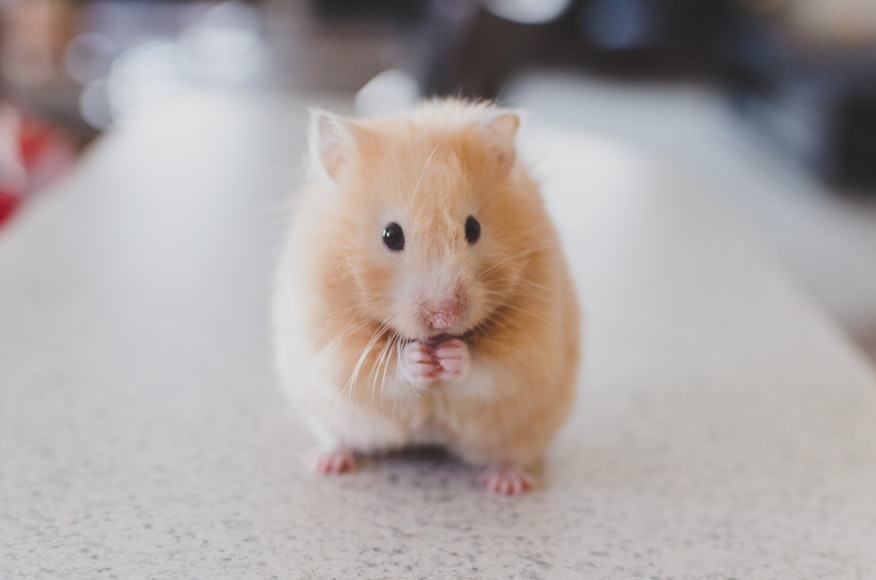When your pet becomes injured, it can be a stressful and difficult experience. It is essential to ensure your pet receives the proper care they need in order to make a full recovery. Fortunately, there are many simple and effective steps that you can take to ensure your pet is on the path to recovery. In this blog post, we will provide you with ten ways to take care of your injured pet. From providing immediate first aid to ensuring they are eating the right foods, we will give you all the information you need to care for your injured pet. Read on to learn more!
First, do no harm

Be careful when handling your injured pet. Don’t attempt to move them, or cause any further pain. Be gentle and use caution. Talk to your vet and get instructions on how to care for them. Do your best to keep your pet comfortable and monitor their progress closely. Gently pet and comfort your pet while you wait for the vet.
Keep them calm and quiet
Provide a peaceful, quiet environment. Speak in a soothing voice and minimize any external noise and distractions. Limit their movement, pet them gently, and give them time and space to rest. Give them access to their food, water, and litterbox if they need it. Keep their environment clean and comfortable.
Keep them warm

Provide a warm, safe place for your pet and make sure they are not exposed to drafts or cold temperatures. If needed, use a heating pad or hot water bottle to keep them comfortable. Provide a quiet, comforting atmosphere and make sure their sleeping area is away from any loud noise.
Keep the wound clean
Clean the wound with warm water and gentle soap. Apply a mild disinfectant and cover with a sterile dressing. Change the dressing as needed. Make sure the wound stays clean and dry. If the wound is on the pet’s face, use a mild solution of salt water instead of soap.
Give them pain relief

Provide your pet with medication prescribed by the vet to help reduce pain and inflammation. Monitor their response closely and adjust the dosage if needed. Give them plenty of rest and don’t force them to do activities that may hurt them further. If necessary, use a pet carrier or a special harness to transport your pet.
Do not give them human food or medication
It is important to never give your injured pet human food or medication without consulting with a vet first. Doing so can be dangerous and could even worsen the pet’s condition. In most cases, it is best to wait for a professional opinion before attempting to treat your pet with human food or medicine.
Check for other injuries

Examine your pet’s body for any other wounds or signs of pain. Look for bruises, cuts, lumps or swelling. Look inside their ears and eyes and check between toes. Inspect your pet’s joints and limbs. Be alert to any changes in behavior or mobility. If you find any additional signs of injury, take your pet to the vet immediately.
Keep an eye on them
Monitor your pet’s behavior closely. Check for any changes in their activity level, appetite, or general demeanor. Make sure they get plenty of rest and that they don’t become too active. Be aware of any signs of pain or discomfort. Keep them comfortable and if they appear in any distress, contact a vet.
Take them to the vet

No matter the severity of the injury, it is important to take your injured pet to the vet for a check-up. A vet can provide medical attention and diagnose any further issues that may not be visible to the eye. This can help ensure a full recovery for your pet. Depending on the severity of the injury, the vet may recommend taking further steps such as surgery or specialized care.
Have patience
It’s important to remember that recovery from an injury can take time. Show your pet love and patience as they heal, and be prepared for any setbacks. It may be a long road, but with your help and care, your pet will be back to their old self in no time. Talk to your vet, and if needed, consider a specialist.


